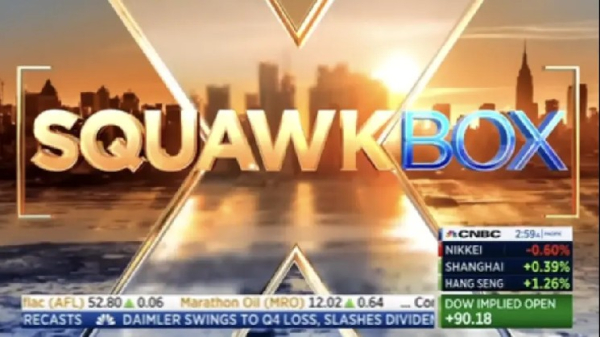Long-Term Ether Holders Increase to 75% by End of 2024 while Bitcoin Holders Drop

The proportion of long-term Ether (ETH) holders surged throughout 2024, reflecting growing confidence in the cryptocurrency, while Bitcoin (BTC) saw a decline in its long-term holder base.
Data from blockchain analytics platform IntoTheBlock revealed that the percentage of long-term Ether holders climbed from 59% in January to 75% by the end of the year.
In contrast, Bitcoin’s long-term holder percentage dropped from 70% to 62% over the same period.
-holders”>Over 70% of Ether Holders Are Long-Term Holders
Long-term holders, defined as those who retain an asset for more than a year, offer insights into investor sentiment and confidence.
IntoTheBlock reported that, as of Dec. 30, 75.06% of Ether holders were categorized as long-term, compared to 62.31% for Bitcoin holders.
The shift suggests a growing preference among investors to hold ETH for the long haul, driven by optimism about its future prospects heading into 2025.
While ETH gained traction among holders, Bitcoin faced a different trend.
Technical analyst Ger Van Lagen noted that Bitcoin’s price saw significant volatility in December, dropping from an all-time high of $106,000 to $93,000.
Van Lagen attributed this correction to long-term Bitcoin holders cashing out during a euphoric market phase.
Despite this, he maintained a bullish outlook for BTC, predicting it could surpass $200,000 in the near future.
This chart shows the percentage of long-term Bitcoin and Ether holders over the past year.
While the share of long-term Bitcoin decreased, the percentage of long-term ETH holders climbed, surpassing that of Bitcoin early in the year. pic.twitter.com/F7ghaSq66T
— IntoTheBlock (@intotheblock) December 29, 2024
Ether’s growing appeal was further bolstered by strong inflows into spot Ether ETFs, which doubled in December, reaching $2.1 billion.
This momentum underscores the increasing institutional and retail interest in ETH, supported by developments like the inclusion of staking in Ether ETFs and the prospect of enhanced regulatory clarity from the Commodity Futures Trading Commission (CFTC).
As Ethereum continues to innovate and gain traction, industry experts remain optimistic about its performance in 2025.
Factors such as increased staking opportunities, improved regulatory oversight, and a shift away from “financial nihilism” position ETH as a key player in the evolving cryptocurrency market.
Top 104 Ethereum Whales Now Control 57% of All ETH
Earlier this month, it was revealed that Ethereum’s largest whale wallets now hold 57% of the total Ether supply, marking an all-time high for whale dominance.
The top 104 whale wallets, each holding over 100,000 ETH, collectively control around $333 billion worth of Ether.
The accumulation trend among these large holders suggests growing confidence in the second-largest cryptocurrency by market cap.
While the share of ETH controlled by whales has risen, mid-sized holders (wallets with 10 to 100,000 ETH) have seen their portion drop to a record low of 33.5%.
Smaller wallets holding less than 100 ETH now account for just 9.19% of the total supply, marking a near four-year low.
Last month, Ethereum reclaimed its position as the leading blockchain for Tether (USDT), surpassing Tron with a supply of $60.3 billion.
It marked Ethereum’s return to dominance for the first time since August 2022.
Tether maintains its position as the largest stablecoin globally, with a market capitalization of $132.3 billion.
Source: cryptonews.com



